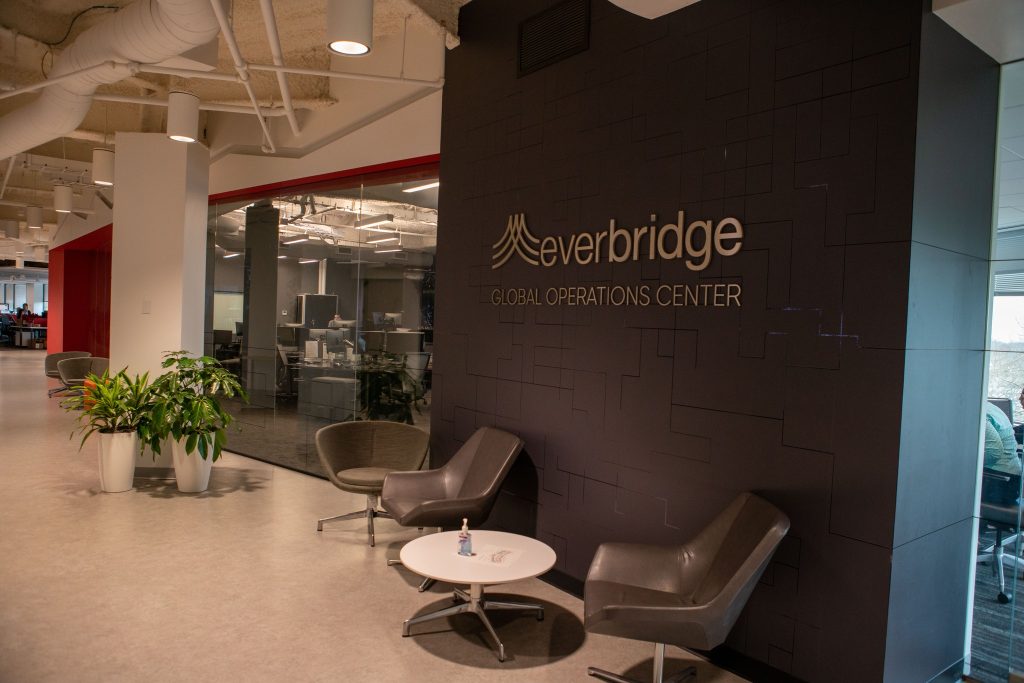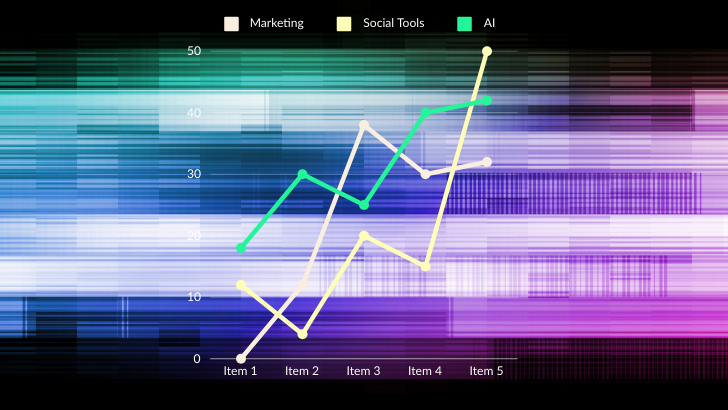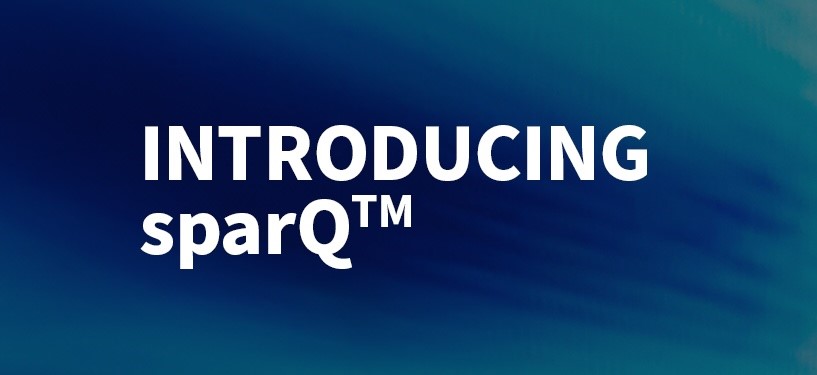How does an organization with over 2,000 employees distributed throughout 25 offices around the globe keep its employees engaged, passionate, and committed? According to Cara Antonacci, VP of Global People & Culture at Everbridge, it’s all about the mission. Everbridge has a bold one: to keep millions of people safe and businesses running all across the world.
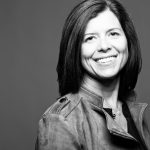 That mission, says Antonacci, is not only what gets employees out of bed in the morning but also the foundation of the organization’s truly global, inclusive culture, for which Everbridge has been recognized with a MassTLC Tech Top 50 “Company Culture” award.
That mission, says Antonacci, is not only what gets employees out of bed in the morning but also the foundation of the organization’s truly global, inclusive culture, for which Everbridge has been recognized with a MassTLC Tech Top 50 “Company Culture” award.
Peta Conn, Executive Vice President, Head of the Americas at Invest Northern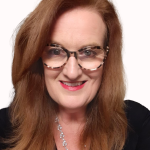 Ireland – a Tech Top 50 Platinum Sponsor – sat down with Antonacci to find out more about what makes Everbridge such a great place to work. From Employee Resource Groups, open communication channels, and global holiday celebrations to paid military leave and volunteer time, one thing is clear: Everbridge is redefining what it means to be a connected global organization.
Ireland – a Tech Top 50 Platinum Sponsor – sat down with Antonacci to find out more about what makes Everbridge such a great place to work. From Employee Resource Groups, open communication channels, and global holiday celebrations to paid military leave and volunteer time, one thing is clear: Everbridge is redefining what it means to be a connected global organization.
___
Peta Conn: For those who aren’t familiar with Everbridge, could you please tell us a bit about the company?
Cara Antonacci: Everbridge is a global software organization. What’s most special about us is that we have a powerful mission. We provide corporations, universities, hospitals, and governments across the globe with technology that helps them keep people safe and organizations running. We pioneered the industry of Critical Event Management, or as we call it, CEM. Our technology is used every day by thousands of people and organizations to manage and mitigate critical events like severe weather or tornadoes, earthquakes, IT disruptions in corporations, or cyberattacks. Most recently, we’ve even helped organizations with return-to-work strategies in the midst of the ongoing pandemic, including our own organization.
We like to say that we help protect everything you care about from everything you worry about. Our employees come to work each day knowing they’re contributing to this amazing mission. When we interview people to join Everbridge, they’re coming for the mission, and when we talk to people while they’re here about what’s keeping them here, it’s about the mission. We get to build technology that saves lives. Not many people can say that. That mission is what has created a very strong company culture for us. Our “Bridgers” around the world stay here because of that. We have about 2,000 employees, and we’re continuing to hire. We’re headquartered here in Boston, in the Burlington area, and we have about 25 other offices around the globe. This coming year marks our 20th anniversary because we were founded just after 9/11.
Peta: Everbridge was recognized for its company culture in the MassTLC Tech Top 50. Can you tell us how you and your Bridgers reacted to that recognition?
Cara: We’re always excited to be recognized. We love what we do, and we want the work that we do to make a difference. Our mission matters, not just to us, but also to the thousands of global customers who rely on Everbridge to keep people safe and organizations running during critical events, and we’re really proud of this. When it comes to providing a service where millions of people are counting on us to deliver, we have a reason, as Bridgers, to get out of bed in the morning, and that’s meaningful to who we are. It keeps us bound together as a global community, and it’s a higher purpose that all employees want no matter what their work is. While we work in different places across the globe, that mission really connects us as one team. We talk about “One Everbridge” all the time. “One Everbridge” is what binds us together. When we are recognized for our culture, it’s really meaningful to us because we care about it so deeply, because of our mission.
Peta: Are there any other elements that you can talk us through that make Everbridge’s culture so special?
Cara: Diversity, inclusion, and belonging are core to who we are. Having a work environment where all our Bridgers feel supported, accepted, and valued unlocks the potential of our organization. We harnessed that and made sure that we’re creating both a diverse and inclusive workforce at Everbridge.
We develop our culture through intentional actions, and we’ve been talking about this intentional culture across “One Everbridge” for a few years now. In fact, we made all of our leaders sign their names to commit to building an intentional global culture. “One Everbridge” is about working collaboratively as one team while celebrating our diversity. I truly believe – and studies have shown – that promoting diversity, equity, and inclusion makes us stronger. It enables us to fulfill our mission, to keep people safe. Most important, it’s the right thing to do.
In our efforts to continually improve what we’re doing and how we’re performing at Everbridge, we continue to try new approaches to show we hear our Bridgers. We’re not perfect, but we’re listening to them. We’ve done things like making sure that we have plenty of opportunities for Bridgers to give feedback, to hear from us, to create transparency. One of the things that I’m most proud of is that we created Employee Resource Groups in the past few years. We call them our Bridger Communities. They’re powered by leaders across the organization. We have the Women’s Leadership Group, we have a Military and Veterans Resource Group, we have the Bridgers of Color, and we have Bridge Out. We just recently created another group, which is for caregivers. These Bridger Communities are so important to who we are. They make people feel comfortable across the organization, speaking about topics that are really important to them, and that’s connected to our global community.
Peta: How do you address different priorities in different cultures? How do you get buy-in from leaders across the globe on the concept of One Everbridge?
Cara: This is linked to our concept of our global connectedness. Our Bridger Communities 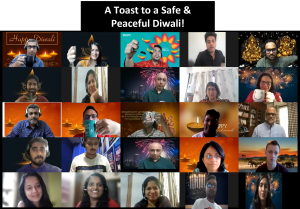 are led by leaders across the globe. They’re not just U.S.-based leaders, which I think is really important. We celebrate all of our different cultures. Our employees around the world are celebrating things like Cinco de Mayo, Chinese New Year, Pride Month, Oktoberfest, things that are meaningful to all of our different Bridgers in different regions. We do things like volunteer work, time off that’s important in particular regions. We recognize global holidays. It’s a think global, act local approach.
are led by leaders across the globe. They’re not just U.S.-based leaders, which I think is really important. We celebrate all of our different cultures. Our employees around the world are celebrating things like Cinco de Mayo, Chinese New Year, Pride Month, Oktoberfest, things that are meaningful to all of our different Bridgers in different regions. We do things like volunteer work, time off that’s important in particular regions. We recognize global holidays. It’s a think global, act local approach.
We also embrace our leaders and get their buy-in and alignment. We’re committed to transparency. We hold quarterly town halls, as well as quarterly all Bridger meetings. The all-Bridger meetings are an opportunity to update the organization on how things are going and what’s going on. The town halls are open forums, they’re Q&A sessions. We get all of our employees together to ask hard questions and talk them through it. I think that builds trust and transparency throughout the organization.
We also do smaller intimate groups called Bridger Chats, where we might talk to just those in Germany or just the professional services group in EMEA. It helps us build those connections. We’re talking about company goals, strategies, culture, trends, the progress we’re making, and all those things help to make those connections.
We’re all living and working remotely, and we’re all on Zoom together. It levels the playing field. Pre-pandemic, some remote employees felt a little left out, and there was definitely more of a disconnect between some of the different international offices versus headquarters. Now that we’re all on camera on Zoom, that’s really changed the way that we’re able to collaborate and has made us even stronger as a team by connecting people from London, New Zealand, India, Canada, in a different way. The work that we do is global, and that’s, as I said from the start, really meaningful to us. We truly are global, not only our employee population, but the work that we’re doing is truly global, and we’re interacting with and protecting people all over the world.
Peta: Can you tell us more about Everbridge’s return-to-work solution and the company’s leadership throughout the pandemic?
Cara: When the pandemic hit, it was crazy. On a global scale, we were all experiencing this really difficult situation, and in Everbridge’s case, we saw we had an opportunity to impact that. We created a return-to-work solution and a vaccine distribution software solution to help solve some of the problems that organizations and countries are dealing with, and for that we received The Service to the Citizen: Champions of Change Program award, which recognizes public servants and organizations who demonstrate excellence in the delivery of services that impact the public’s lives. This is a recognition of the commitment that we have to our employees of doing good.
The commitment that we’ve made to fighting the pandemic is really evidenced in our Road to Recovery symposium, which was recorded and is available on our website. The symposium features top government businesses and healthcare experts. We had Bill Clinton, George Bush, Dr. Madeleine Albright, Sir Richard Branson, Dr. Sanjay Gupta, and more, all coming together to talk about the road to recovery, and that was led by Everbridge. That was instrumental in bringing together thought leaders to address difficult challenges that are part of building a resilient world. That’s really what we care about. Our mission is to save lives. It’s also about fostering resiliency across the globe.
Peta: None of us expected the pandemic to go on as long as it has, and it doesn’t look like travel, which is normally a part of building culture in a global organization, is going to be that easy anytime soon. As people approach Zoom or Teams fatigue, do you have any initiatives that you’re thinking about in order to maintain some of that engagement, which is becoming even more important as we continue to work remotely?
Cara: I think every organization is struggling with this. We’ve been lucky in different regions, where it’s been safer to interact, we have been able to get people together. Employees can go into offices around the globe, if they feel comfortable, and if the government regulations allow, so we have had some interactions. There has been some travel related to that as well. Those connections are important from a collaboration standpoint.
We’re also being creative about the way we bring people together. In the U.S., we’re bringing people together for end-of-year events outside. Even in Burlington, in the winter, we had an outside WinterFest. We’re really working hard to find ways to connect people, given the constraints that we live under.
 To connect people globally, there are a few ways that we’ve tried to create some more personal connections. Our Women’s Leadership Group sponsors a mentoring program, and we’ve connected leaders throughout the organization with females that have raised their hand and showed interest in having a mentor in the organization. That’s created connections. We sponsored a program called Donut, which is an application that connects people randomly throughout the organization for coffee chats. Instead of the watercooler chats, we have these opportunities to randomly connect with a colleague somewhere in another location. Things like that have helped us connect in a unique way.
To connect people globally, there are a few ways that we’ve tried to create some more personal connections. Our Women’s Leadership Group sponsors a mentoring program, and we’ve connected leaders throughout the organization with females that have raised their hand and showed interest in having a mentor in the organization. That’s created connections. We sponsored a program called Donut, which is an application that connects people randomly throughout the organization for coffee chats. Instead of the watercooler chats, we have these opportunities to randomly connect with a colleague somewhere in another location. Things like that have helped us connect in a unique way.
When we are able to have in-person events, we share all of those on Zoom and invite people from all over the globe to join. For example, we had a big Diwali celebration, and we had a Zoom background for everyone to use together. It was a completely global celebration, even though it was in-person for certain locations in India.
Peta: Diversity, inclusion, and belonging are a big part of your focus, and you have a very expansive view of what that means. It’s very clear that sense of belonging is very important to the organization. Are there any other initiatives that you would like to talk about in regards to your approach to diversity, inclusion, and belonging?
Cara: We do a lot from a diversity, inclusion, and belonging perspective. Everbridge’s Bridge Out community leads our celebration of Pride Month, which is a variety of initiatives, including sharing stories from our LGBTQIA Bridgers and allies. People come together in these panels, and they are so open and transparent. There’s laughing and tears and everything you can imagine. It really makes people feel like they belong to a community where people can be themselves. All Bridgers across the globe are invited to participate as both an ally and an advocate. Similarly, our Bridgers of Color community provides leadership on a number of important issues.
Then, as part of last year’s global conversation about systemic and institutional racism in the U.S. and abroad, we partnered with MassTLC as a signatory for the Tech Compact for Social Justice. The goal with that is to effect meaningful change and create more diverse, inclusive and social justice places of work by showing externally that we’re committed to that while taking action internally. That’s what is meaningful to our employees.. Just before the federal government of the U.S. made Juneteenth an official holiday, we made it an official Everbridge holiday. That represented a very tangible step to help raise awareness and stimulate the discussion across our community. In addition to recognizing Juneteenth in the U.S, we recognize the International Day of the World’s Indigenous People as a paid holiday globally, and so everyone has a holiday annually that recognizes racial justice.
Peta: Two Everbridge programs I am personally interested in, as the daughter of two Navy veterans, are the Military and Veterans Resources Group and the enhanced military LEAD program. Could you tell me about those?
Cara: Given our mission, bringing veterans and people from military backgrounds is very personal for us. It’s a great place for people with military backgrounds to come work because they’re typically mission-driven individuals, and now they get to come work for an organization that’s also mission-driven for the next step in their career. We’ve worked closely with our Bridger Community to make sure that we have a leave policy that is not just market-friendly, but really works for our people. We offer things like paid time off to go to their annual training that they need to attend, and we also try to be very generous about making sure that when they have to go off for active military leave that they are not only job-protected, but that we’re paying for some of that time off. Our current military leave policy ensures that US employees who are deployed to active service will have full benefits coverage and pay for up to 12 weeks, in coordination with military pay. Additionally, employees attending annual military training are eligible for ten days of paid leave.
Peta: One thing that was very interesting about your submission was Everbridge’s volunteer time off program. Can you tell me more about that?
Cara: When I joined Everbridge five years ago, one of the things that our employees were asking a lot about is time off to volunteer. That just goes to show you who our Bridgers are. They are mission-driven people that want to have an impact, and so we created a volunteer time off program that is meant to be twofold. It’s meant to impact our community, and it’s also meant to bring our Bridgers together. Bridgers can do a one-time off volunteer opportunity on their own, but what we try to encourage, at least pre-pandemic, is for our Bridgers to come together and do a volunteer time-off day together as a community. We also have a pro bono program. In addition to a couple of volunteer days off a year, we also have employees throughout the organization that volunteer extra time to service our pro bono customers, customers that we believe are aligned with our mission that we can provide services to that wouldn’t otherwise be able to afford our services to help support their missions.
Peta: Since Covid hit, it seems ERGs have evolved from social organizations to becoming pivotal and integral part of a company’s operations and strategy. Have you experienced that as well? Do you feel that rather than it being a voluntary mission, this is how you need to operate now?
Cara: All of the things that have happened in the world, frankly, including the pandemic, have made us think differently about how we operate as a company in terms of what the company and Bridger connection needs to be. Our employees have been really clear and expressive in that we spend a lot of time at work every day. While they don’t necessarily need the company to make a statement about their beliefs, they need the company to be a place where people can share openly and feel like they belong because of that. The Bridger Communities have been the connective tissue that makes Bridgers feel connected to the organization. The other things that we do that I mentioned before, like town halls and Bridger Chats, have been the other forum for us to enable that as part of our culture. I think there’s no question we have had to react quickly to things that were happening in the world to make sure that we were addressing our employee needs. Everyone has different reactions, but it’s clear that at the very basic level, employees want to be open and feel like no matter how they feel about it, that they can be open within the organization.
Peta: From my personal perspective, even when we’re recruiting, people want to work for mission-driven organizations that offer fantastic culture. How have you integrated that into your recruitment strategies? Do you have a deliberate approach to bringing people on board?
Cara: As we talk to candidates, we talk a lot about our mission, because it’s a very natural thing for us to do, and when we talk about our brand strategy and post things that are meant for our candidate audience, we highlight things like our veteran community and things of that sort. We want to deliberately get that across because, not only is it important for us to attract the right people, but we want those people that we hire to be attracted to the mission. I think the people that are passionate about our mission are going to be more successful Bridgers in the long run, because passion is one of our core values.
Customer focus, leadership, integrity, and passion are our core values, and they really are meaningful to how we operate. Customers are saving lives and keeping their organizations running, so they come first and foremost, because what we’re doing is so important for them. If our Bridgers aren’t passionate about that, it’s going to be harder to make that connection. They’ve got to be passionate to support customers in the way that we support them. Hiring people from the outset and getting our brand out there so that people feel that connection and we attract the right type of people is really important.
____
